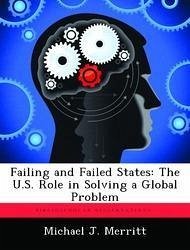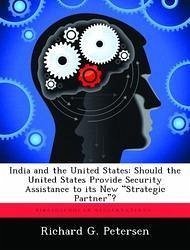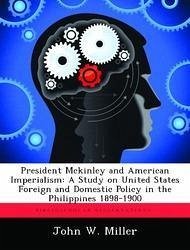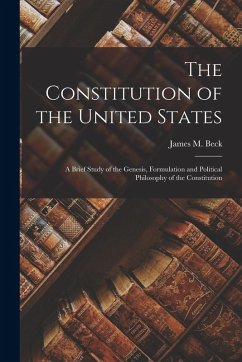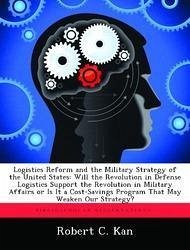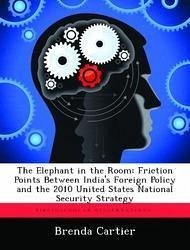Nicht lieferbar
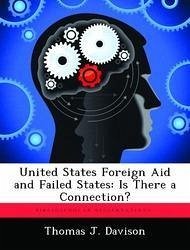
United States Foreign Aid and Failed States: Is There a Connection?
Versandkostenfrei!
Nicht lieferbar
In these turbulent post-September 11 times, failed states have received ever-greater levels of attention in the political and scholarly realms. Although development is seen as one of three main antidotes to combat state failure, the use of foreign aid to positively influence development is not without its controversies. This study, however, has clearly shown an empirical regularity between aid and failure by demonstrating that foreign aid only goes to states that fail and that all states that fail receive foreign aid. Further research into theories that account for this correlation should also...
In these turbulent post-September 11 times, failed states have received ever-greater levels of attention in the political and scholarly realms. Although development is seen as one of three main antidotes to combat state failure, the use of foreign aid to positively influence development is not without its controversies. This study, however, has clearly shown an empirical regularity between aid and failure by demonstrating that foreign aid only goes to states that fail and that all states that fail receive foreign aid. Further research into theories that account for this correlation should also help effectively maximize the leverage of aid dollars to prevent or minimize state failure episodes. One suggestion for additional research that might help sharpen the focus of foreign aid decisions is to examine the aid-failure correlation from 1955 to 1992 and the lack of correlation in the years afterward. Another potential research topic this study developed is to explore the nuances of the transition years in greater detail to determine what mechanisms caused those transitions.






